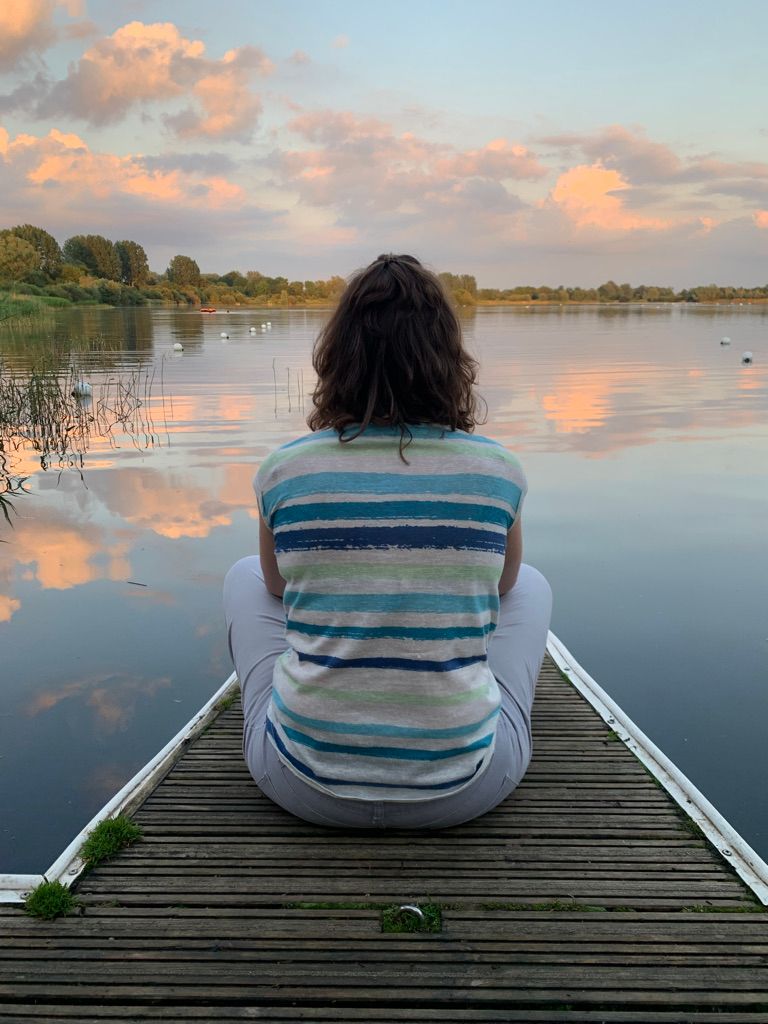Questions and answers about mindfulness and meditation
Here are a few common reasons why people might not start practising mindfulness, or sadly give up on it before they've realised the impact it could have:-
Q - I can’t sit cross-legged and bolt upright on the floor, so it’s not for me.
A- Thankfully, comfort is key and many of the mindfulness meditations can be done seated in a chair, or even lying down - especially during those designed to encourage a deep and peaceful nights sleep afterwards.
Q - I can’t clear my mind, I’m always thinking of my to do list or trying to solve the problems that are going on right now.
A - Mindfulness for our busy modern lives is not about having to clear our mind, or push thoughts and feelings away, but rather to notice our thoughts, acknowledge them and peacefully let them go.
Q - I don’t have time for mindfulness meditation.
A - Luckily, it doesn't need to take very long and in fact, some the meditations I teach only take between two and ten minutes. Mindfulness is also something we can practice during the activities we're already doing – simply practising being present in the moment, which doesn’t take us any extra time in our busy lives.
Q - I think I’m doing it wrong - my mind kept wandering and I zoned out for half of it.
A - There is no right or wrong way to practice – taking the time and doing the practice is the practice!
Q - I don’t like the idea of just acceptance - it feels defeatist, like giving up, but I want to feel in control.
A - Mindfulness is not about feeling powerless or weak, but by accepting 'what is' we can reduce the resistance to our reality, whilst focusing more clearly on our responses and reactions to it, helping to put us back into the driving seat of our own lives.



